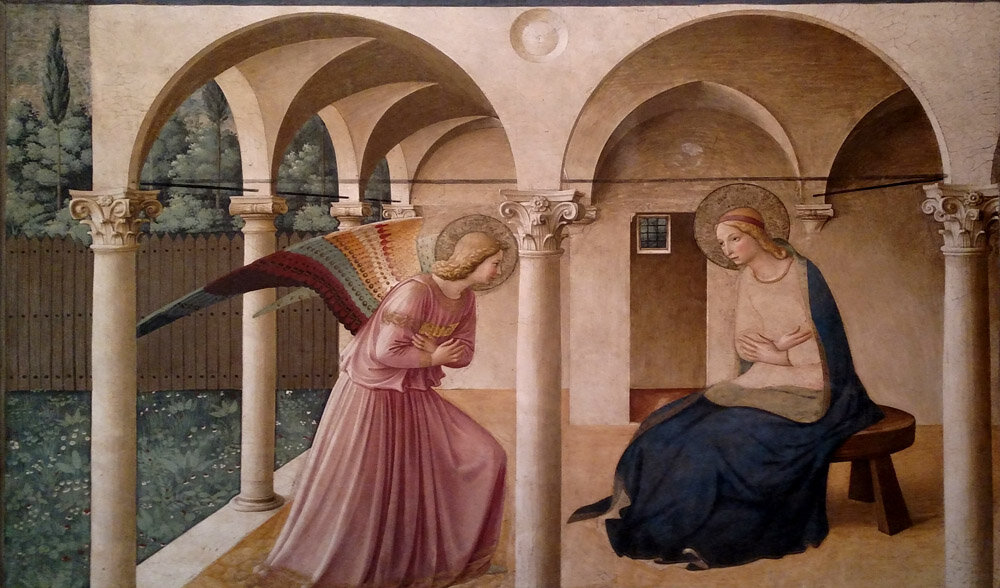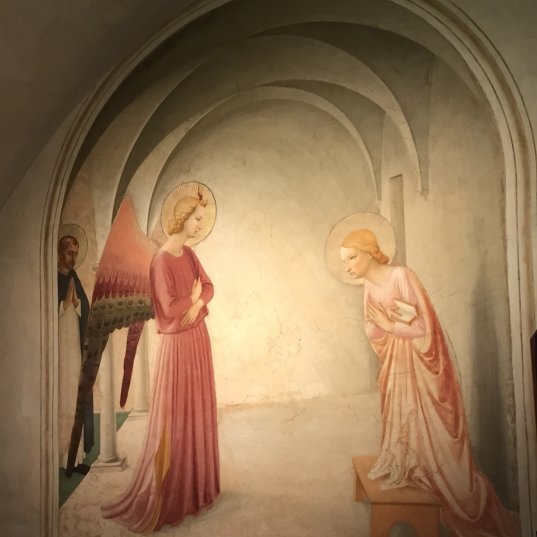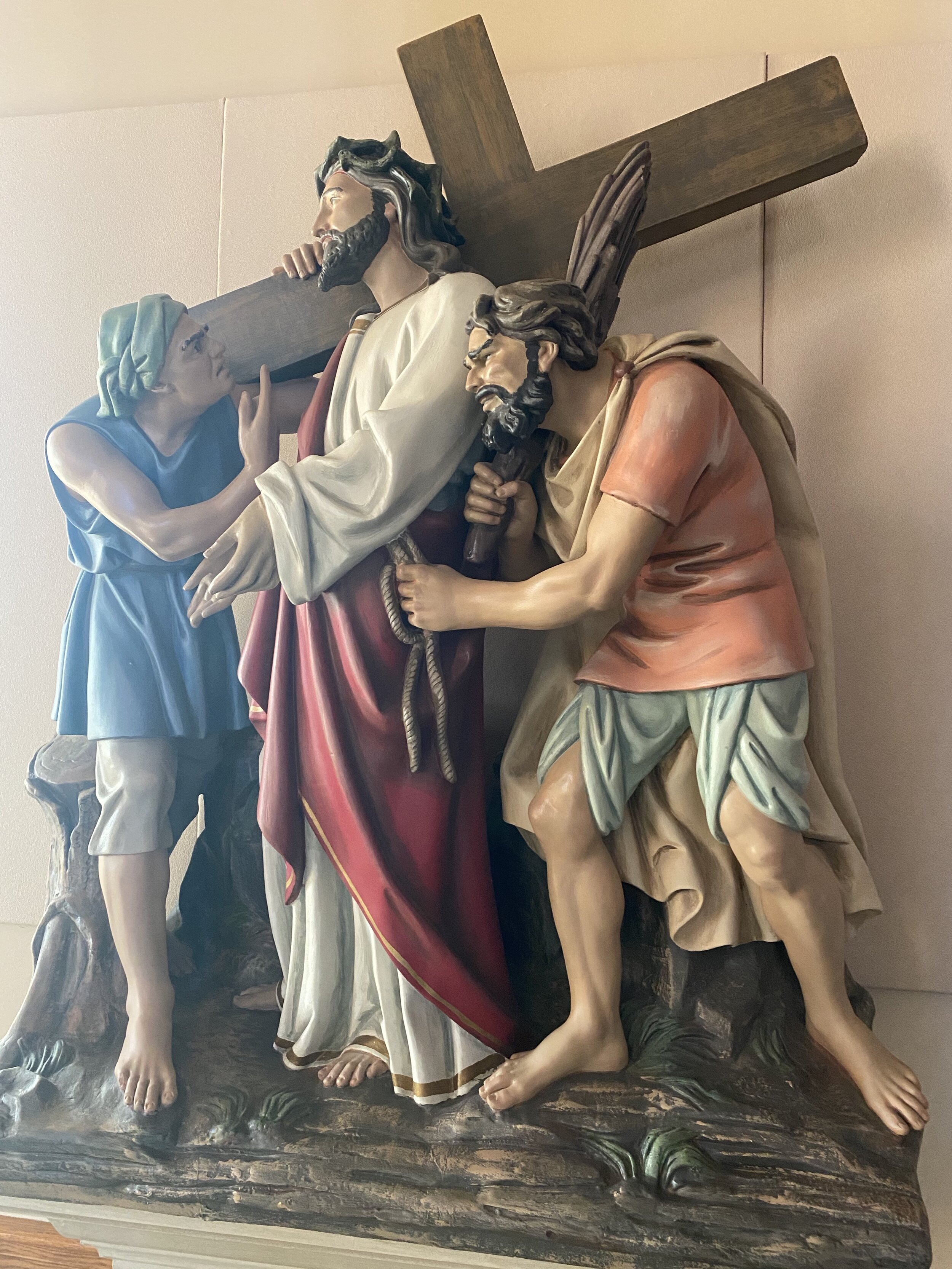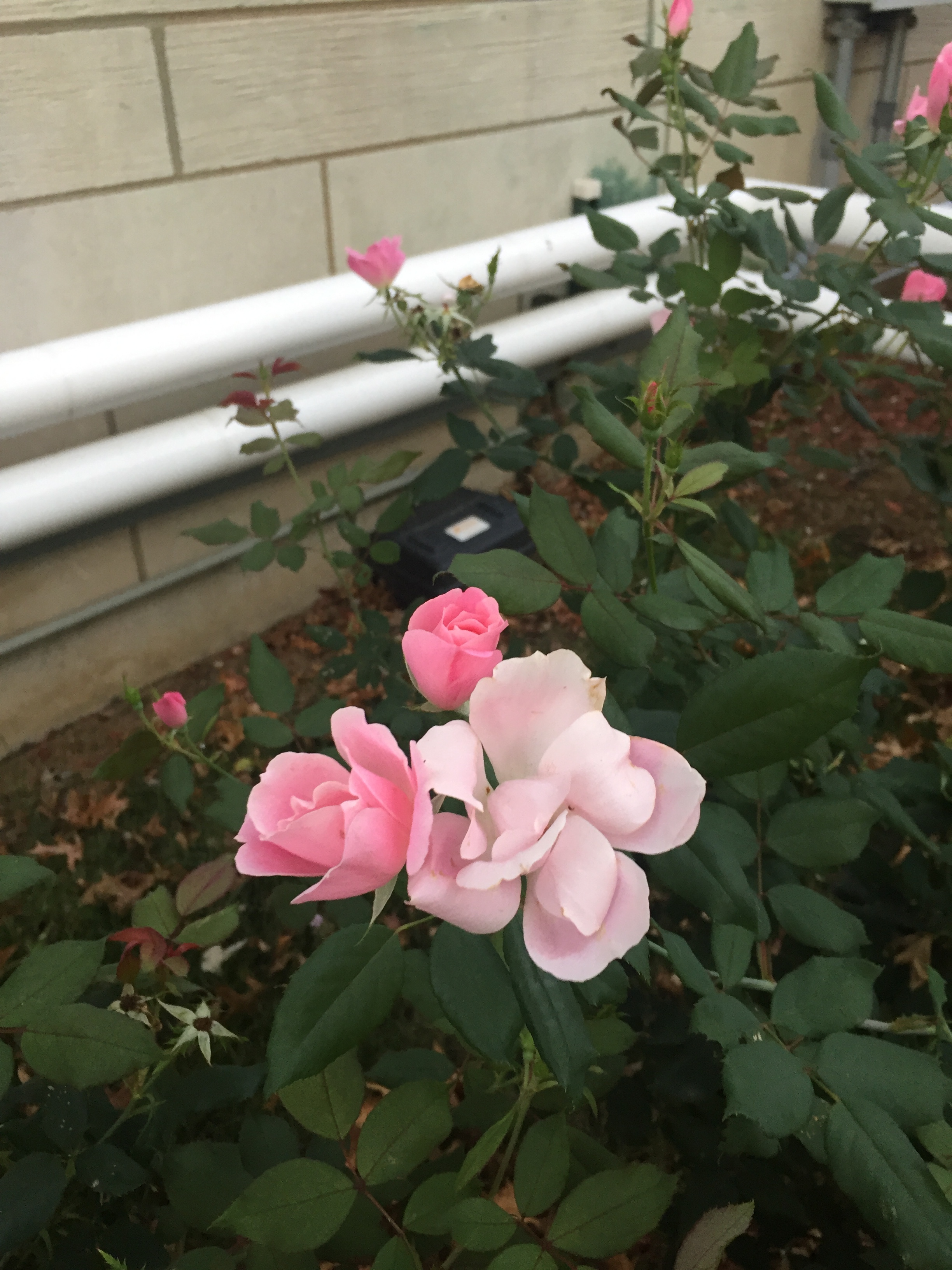The first thing we need to talk about is the fact that hospitals are busy every single day of the world.
With COVID, people seemed to be shocked that people were living and dying in hospitals every day. People were in ICUs! (insert running around screaming gif here)
Folks. Yes. People are in ICUs every day. People are in hospitals every day. Hospitals, like all other things, have cycles—there were times when I was on the floor and it was pretty empty, and there were times where almost every single room was full. But yes, there are people in ICUs every day. There are nurses and doctors who work specifically in ICUs. These folks have jobs because ICU specialists are needed on a regular basis. (1)
I understand that many of you do not have the intimacy with hospitals that I have. But a lot of insanity was caused by the breathless reporting about ICU statistics and “people are on ventilators!”
Folks, I was on a ventilator for almost two weeks. Yes. It happens. Some people are one them for a lot longer. But this is not new. This is medicine. This is life. This is—often—death. People die in hospitals every day. In fact, whenever I drive by the former Resort, I think about that, and I pray for the people inside. It’s not just COVID that kills people, although you’d be hard pressed not to think that these days.
(We’ll come back to media coverage in a bit.)
This leads me to my second point, which is that….
Every single medical intervention has risks associated with it.
This includes the Tylenol you take for your headache, the Motrin for your PMS cramps, as well as interventions like being on a ventilator. Every single thing you put in your body can cause an adverse reaction, as anyone who has ever had food poisoning knows.
Life has risks. Driving to work has risks. Getting out of bed is a risk! Taking a shower is a risk! Everyday, we do something that might cause our demise, and most of the time we’re OK with that, because, life. (Drinking too much water has risks!) But when it comes to medicine, all of sudden we lose the sense of acceptable risk.
An example from my life: I lost my hearing because of ototoxic meds (Meds that are toxic to the ear’s hair cells). The choice was, destroy lung infections and stay alive, or not destroy lung infections and hasten death, but then have my hearing be fine. Now, at the time these medicines began to be given to me IV, we didn’t know about the ototoxic nature of them, and now doctors are more sensitive to that. (Yes, once again I pave the way for others!) But all that being said, the choice is—do you want to fight infection, or have great hearing. In my case, it was fight infection—even after my hearing had begun to deteriorate. (2)
Now, the other thing to do, if we know that certain meds or treatments are not good for us (or just cause bad outcomes) is to ask if there’s anything else that can be substituted. I have also done this, because there are some meds that just mess up my body. I have a gimpy right knee now because I walked too far on it when I was on a particular med. So now when I have a sinus infection we use something else, but it has the same risks associated with it, and now I’m just insanely careful when I’m on it (like, I sit on the couch for two weeks careful). But to not treat the sinus infection could—and probably would—lead to lots of other issues down the road, requiring stronger meds, and possible surgeries and hospital stays. no fun thank you.
When the idea of transplant first came up, I was scared at the idea of such a big surgery because I’d never had surgery before. My transplant ended up being my third surgery ever. (3) A lot can go wrong during surgery. I could’ve rejected my lungs immediately. I could’ve died on the table. But at the same time, the only way I was going to survive was to get the surgery (and this was assuming a donor was found).
So, there were risks to transplant, and there were risks to life without it. I made the choice to accept the risks and go forward. Not everyone does that. It’s their choice.
But with transplant comes other risks, mainly the one that I have a compromised immune system and am more susceptible to things (like, um, COVID!). But even within that, we have to look at choices.
Some people post transplant are afraid to open their windows if the grass is being cut. (I’m not kidding) They never go back to work because they’re afraid of infection. Etc. etc. I was never like that, because the point of a transplant is to live your life, while not being stupid (like, tanning—big no no for us, or drinking a lot).
What I’m seeing with the COVID vaccine is people saying, “But there are side effects!”
Yes. There are. They may happen to you. This is the case for everything. single. thing. Read a box of Tylenol some time. Heck, ladies, check a box of tampons—see all the Toxic Shock warnings on them? Yeah. Everything has side effects. Too much sun? You burn. Drink too much? Hangover. Etc. It’s the circle of life. When people just say SIDE EFFECTS! it doesn’t resonate, and it doesn’t come across as a good argument because everything does. (4)
For example: anti-emetics (aka, anti-nausea drugs). One of the most popular anti-nausea drugs is Zofran. Lots of people like it. It’s great. It is not great for me because it makes me throw up; ie, it causes the exact thing it’s supposed to prevent. This also happens with my mom and my sister. So we cannot take zofran.
But that doesn’t mean that I go around saying Zofran is terrible no one should take it there are SIDE EFFECTS!
Zofran is bad for me, but apparently it is great for many other people.
Now, yes, you might get the vaccine, and you might have side effects. It may even be prudent for many people, who are not as an especially high risk of COVID, to delay taking the vaccine. I can see that.
But to say a la Chicken Little that you won’t take it because SIDE EFECTS, and that’s your only argument, is not…a great one. If you say, “I won't take it right now because I might get pregnant and we aren’t sure of the side effects of the medication on pregnancies,” that’s prudent and valid. But if you just say “side effects!!!!!!!!!!!” it doesn’t come across as a reasoned argument.
Sometimes side effects are just going to happen as a part of the acceptance of risk thing. See, losing my hearing. See, chemo side effects. See, “I’m on prednisone for the rest of my life because I need to be and that leads to many things that are not great but I’d rather be alive.” For me, getting the COVID vaccine made sense because if I get COVID, that’s not good at all.
(Now, obviously, sometimes a side effect becomes not a side effect—like thalidomide in pregnancy—and it becomes a “feature not a bug”. That’s completely different than what I’m talking about here. And even that drug has good uses! Just not in pregnant people!)
For you, it might make sense not to get the COVID vaccine, or any other vaccine (like my sister can’t get the regular flu vaccine because she’s allergic to eggs). And that’s fine. But what’s happened is that everything surrounding COVID has become political. So we’re not really working from a clear choice here—we’re working from one that’s clouded by politics and all sorts of other things.
And this is what is lost: the idea that we can make prudent, acceptable risk choices for ourselves without being screamed at or told that we’re being idiots or saying that others are idiots for doing x, y, or z.
I make acceptable risk choices all the time, without even thinking about it, because after 16 years of transplant life, I know. That includes hugging my parents even before I got vaccinated, because hugs are good. (And yes, my parents mostly stayed at home before getting vaccinated—dad works from home). I’ve spent time with my friends in their houses! Because my friends know that if they’re sick, they shouldn’t invite me over, COVID or no COVID!
I have friends that don’t get flu shots. So in the winter, I tell them that if they’re sick, I will not be around them. It’s pretty simple. I don’t yell at them. I just state that if they’re sick, we’re not going to be hanging out. This is a choice they have made, and in turn, it affects a choice that I make. We both do risk assessment for ourselves.
But for some reasons we can’t do that with COVID.
People look at COVID and they see the death tolls and the case numbers every day and they think that it’s the worst thing ever. But there’s no context to this. It’s like if all you did was watch the news, you’d think that we’re all going to be eaten by sharks, or shot up outside the gas station, or kidnapped, or die in a plane crash. This is because the news reports the newsworthy, which is not, you know “1,000,000 in the metro area got home safely from work today!”
(NOTE: this is not to diminish the death toll from COVID. Most definitely not.)
But at the same time, with COVID especially, it’s giving us a twisted picture. We’re seeing “a patient left the hospital after a month today and everyone clapped!” “A person was on a ventilator for two weeks and came off of it and went home!”
This happens every day and it ties back to point one. Yes, it’s a great day to get the ventilator out, trust me. :) It’s a great day to go home after a month long hospitalization, of which I have had a few, because, you want to go home and take a real bath! (And, yes, I was also on the local news after my transplant because I was the first one at my center. You can actually find this on Youtube. No, I will not link to it. :))
But when that stuff is being covered daily, it gives the impression that this is the rarity, and it’s not, if you look at case numbers versus deaths. (Again, see note above.) Most people who get it will go home, or not be hospitalized at all. That doesn’t mean that the losses aren’t sad, because they are. But it does mean that by this sort of coverage, we’re skewing people’s perceptions of real risk. Again, it would be like if the news were doing stories about a person who came home from work safely every night for a week. It would make us think, gee, it must be really dangerous to drive to and from work!
You can only make an acceptable risk evaluation when you have the information in front of you without '“passion or prejudice”, as someone once said in a movie.
And you also have to trust your doctors. This is the final point:
a lot of people do not trust their doctors or the medical establishment.
I, for one, do trust them because my life depends on it. The very few doctors I have had in my life that I did not trust were overruled, thankfully, by doctors I did trust—or I had a come to Jesus meeting with them and said, hey look. (Or I went behind their backs and got information from the Pulmonology department, who is the apex doctor in my situation). I’ve had shitty doctors. My parents can tell you all the stories of the shitty nurses and doctors we’ve encountered.
But my “team”—my transplant pulmonologist, my transplant nurses, and etc.—I trust inherently. I’ve had the same therapist since I was 17—that’s 22 years! With these folks, I can get good information and decide what to do next.
If you do not trust your doctors, then…you’re sort of screwed, honestly. You need to find one you do trust, who also isn’t a charlatan who just tells you whatever you want to hear, because that’s not useful either. (ie, one who says that you can treat T1 diabetes with essential oils—no, you really can’t.)
Without trustworthy people, you can’t make good decisions because you don’t have all the information.
I don’t think that COVID is helping us trust the medical establishment more, as a whole, because we’re getting crazy messaging from the CDC and others in government that seem to contradict themselves many times a day. But at the same time, it’s a little bit like Congressional popularity: most of the time, people have a really low opinion of Congress as a whole, but they love their local guy.
We need to “love” a local doctor. We need to find medical people we trust, and can help us make appropriate decisions for our health and the health of our families. That’s one reason my parents got the COVID vaccine—because of me!
People die every day, COVID or not—and that you should realize that (memento mori, folks!) and use it as a catalyst to live your one life well. You are going to die of something. Let that knowledge encourage you to live well, make good decisions, and be prudent.
Footnotes:
(1) Yes, I’m aware that one of the big things at the beginning of COVID was worries about hospitals being overwhelmed. It was probably prudent to have shut downs in that time period, when we didn't have the information we have now, and when the risk of hospital overwhelm was real—and happening in some places. However, my point here is that there was breathless coverage of the fact that hospitals have full ICUs or have people on ventilators, which happens every single day, everywhere in the world. There was a clear exhibition of the fact that most people do not understand how hospitals actually work, and that people go in and out of them all the time without any fanfare.
(2) This is not a given. Anna Pavlova, the famous ballerina, contracted pneumonia, and was given a choice to have an operation that would remove her ability to dance, or die. She chose death, saying “If I can’t dance, I’d rather be dead.” She died of pleurisy a few days before her fiftieth birthday.
(3) The first one was a combo sinus clean-out and wisdom teeth removal, and the second was to place my port.
(4) Same thing happens when people toss around the words “toxins” or “chemicals” to just refer to every day stuff. There are chemicals in every single thing we eat, drink, inhale, and are. We are made up of chemicals. Same with “toxins”. Water can be toxic if you have too much of it.






































